A few years ago, a client told me about Brené Brown’s TED Talk The Power of Vulnerability, changing the way I viewed my practice, and my life. As a Rogerian, it was a natural fit for my practice, and as a recovering perfectionist, a natural fit for my life. Over the next few years, I devoured Brené’s books and workshops, which eventually created the inspiration for this practice, with my amazing partner, who is still laughing at the idea of me as a perfectionist. As my understanding of the concepts of empathy, vulnerability, shame, and authenticity expanded, this was incorporated into my practice.
Not surprisingly, I’ve found that most of us desire to be loved and accepted for who we really are- our authentic selves- but hesitate to experience the vulnerability required for that to happen. When I ask clients how they define vulnerability, the first answer is often “weakness.” When we discuss how vulnerability is intertwined with authenticity and the types of relationships most of us want to have, there is often a sigh of resignation and look of doom. So far, I’ve yet to see anyone jump up and cheer at the idea of increasing vulnerability, but who knows, if I do this for a few more decades, maybe there’ll be a first.
Expanding our willingness to be vulnerable is work, and this type of work takes courage. We fear rejection, judgment, and being misunderstood. Most significantly, it may require giving up armor that we’ve come to depend on. Armor is defined by Webster as “a defensive covering for the body; a quality or circumstance that affords protection; a protective outer layer…” Any of these definitions demonstrate why we depend on armor, and why shedding armor is so important for authenticity. This is genuinely scary for most people, and for good reason. Emotional risk-taking is never easy. It has been my experience that most of us take emotional risks when the alternative is no longer working. This can come in the form of anxiety, depression, relationship difficulties, or a major life crisis. For example, perfectionism can be an effective way to approach an academic career, due to the feedback received from parents and teachers who value performance. When that performance becomes an identity, we may strive to continue to earn positive feedback for our performance, until we’re unable to continue at a perfectionistic level. This type of crisis can occur for a variety of reasons, but the impact is the same- we have to learn to shed protective armor, learn to be vulnerable, and risk being our authentic selves.
Emotional risks are difficult, but the rewards can be great. The less our outer and inner selves match, the greater the feelings of anxiety, fear, and sadness. As our outer and inner selves become more congruent, there is less of a need to pretend and impress. We can increase self-acceptance and decrease our need for a bottomless pit of external validation and approval.
So simply put- to be our authentic selves, we have to be vulnerable. We have to be okay with making mistakes and be okay with emotional risk-taking. It really does take courage, but if your current path is no longer working, what other option do you have?
Kim Foreman, LCSW
Co-Owner, Wholehearted Counseling

